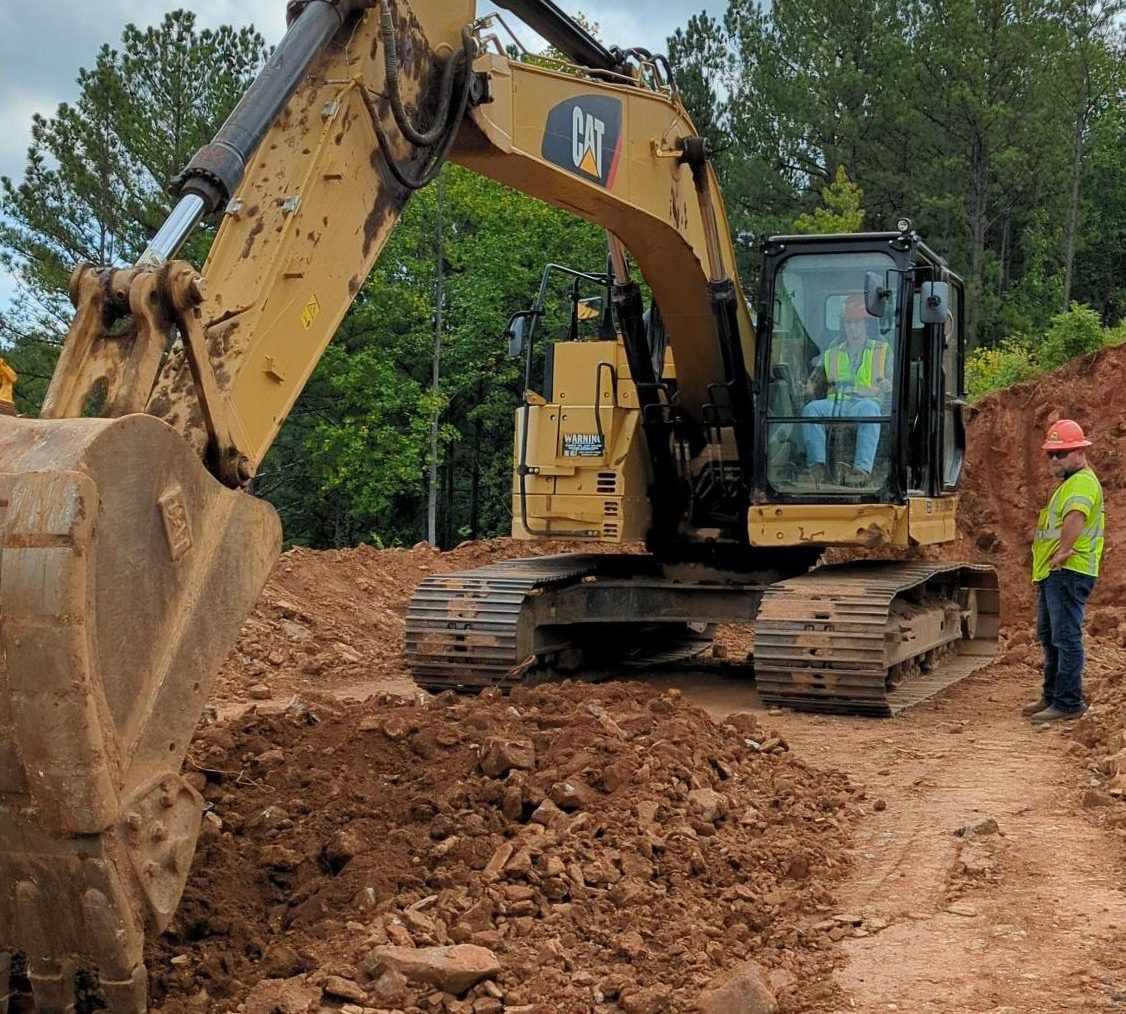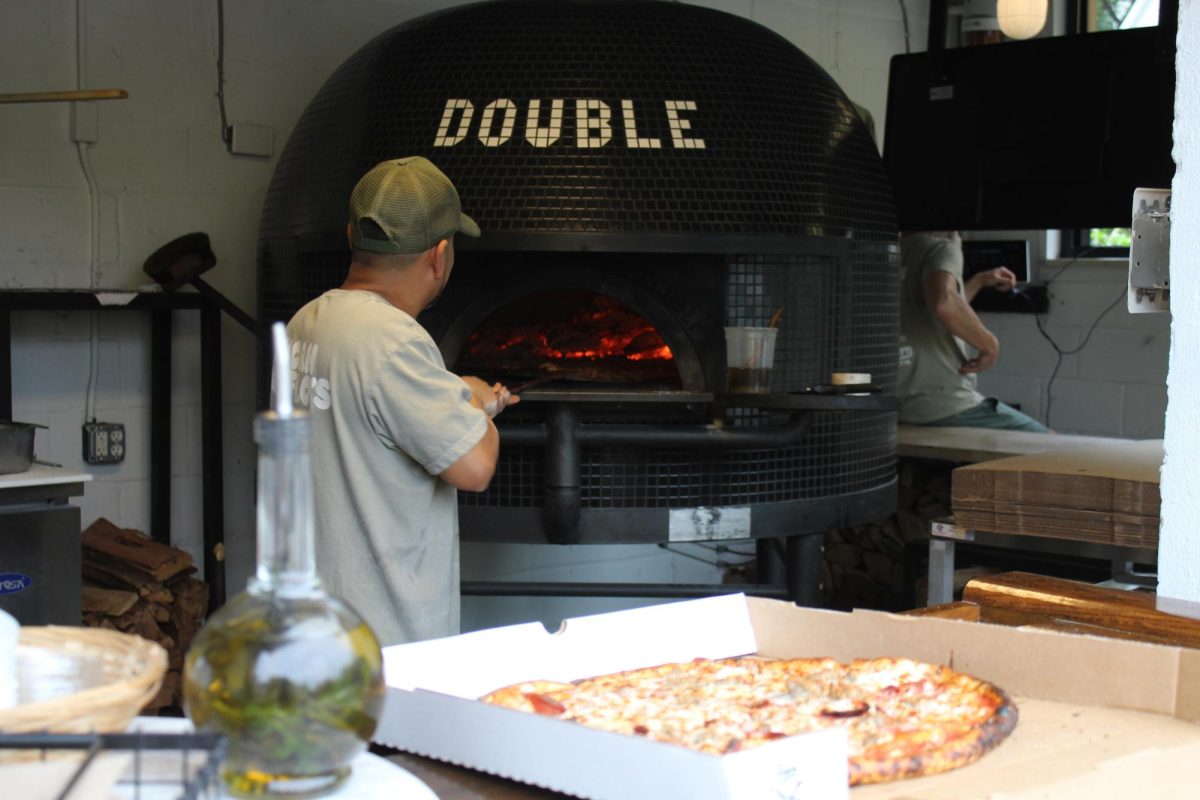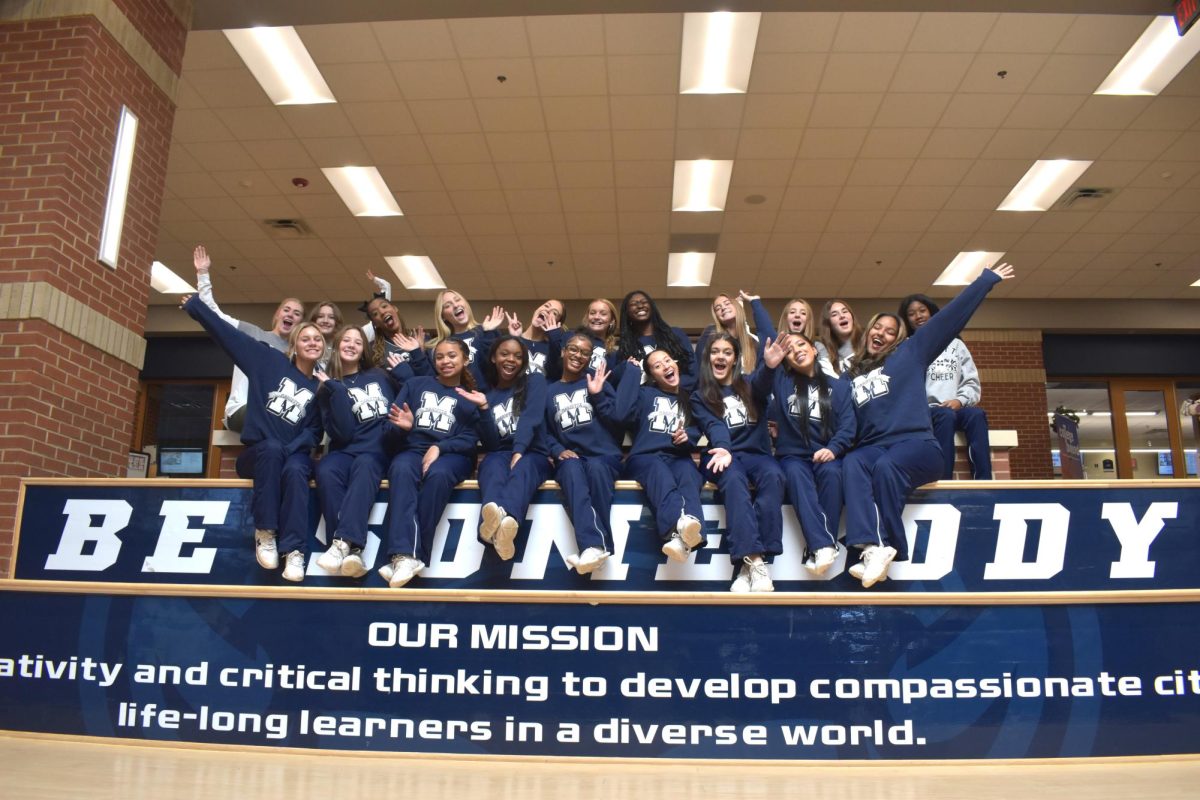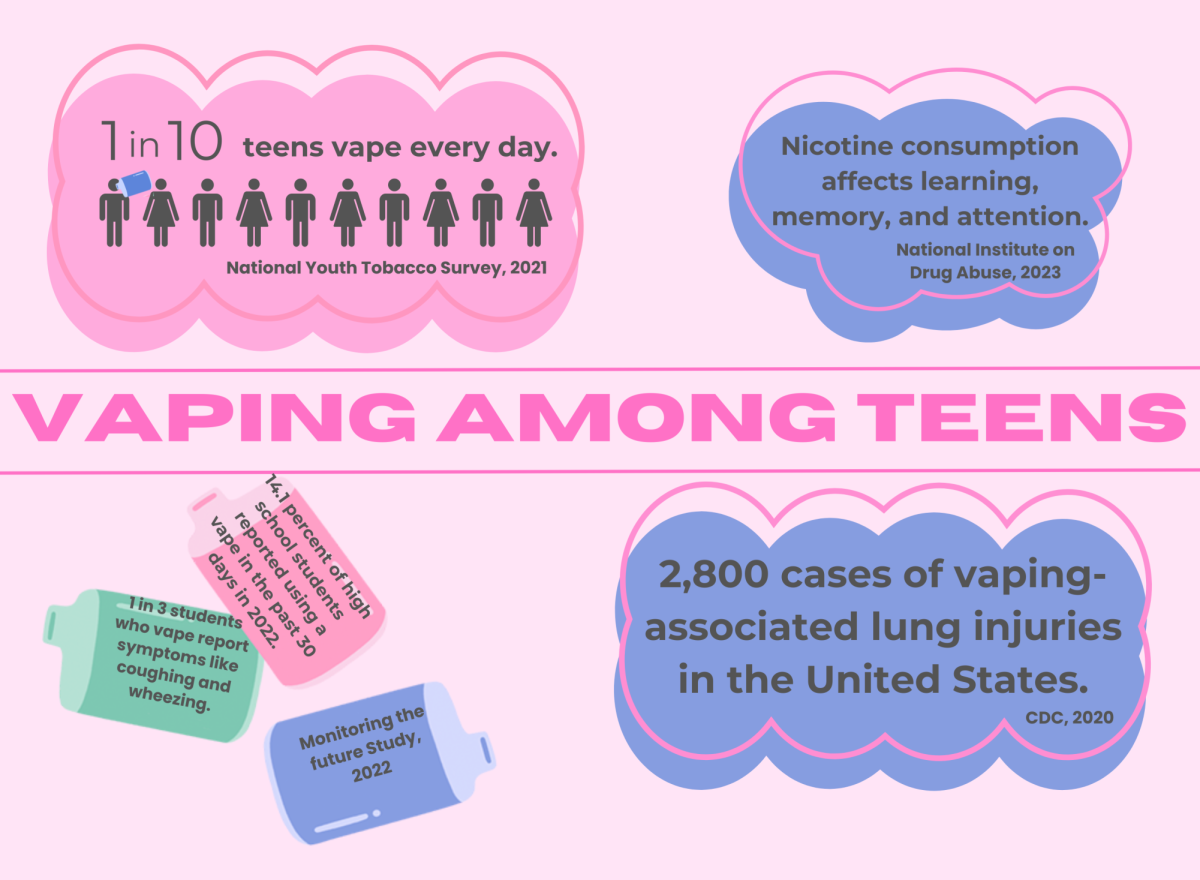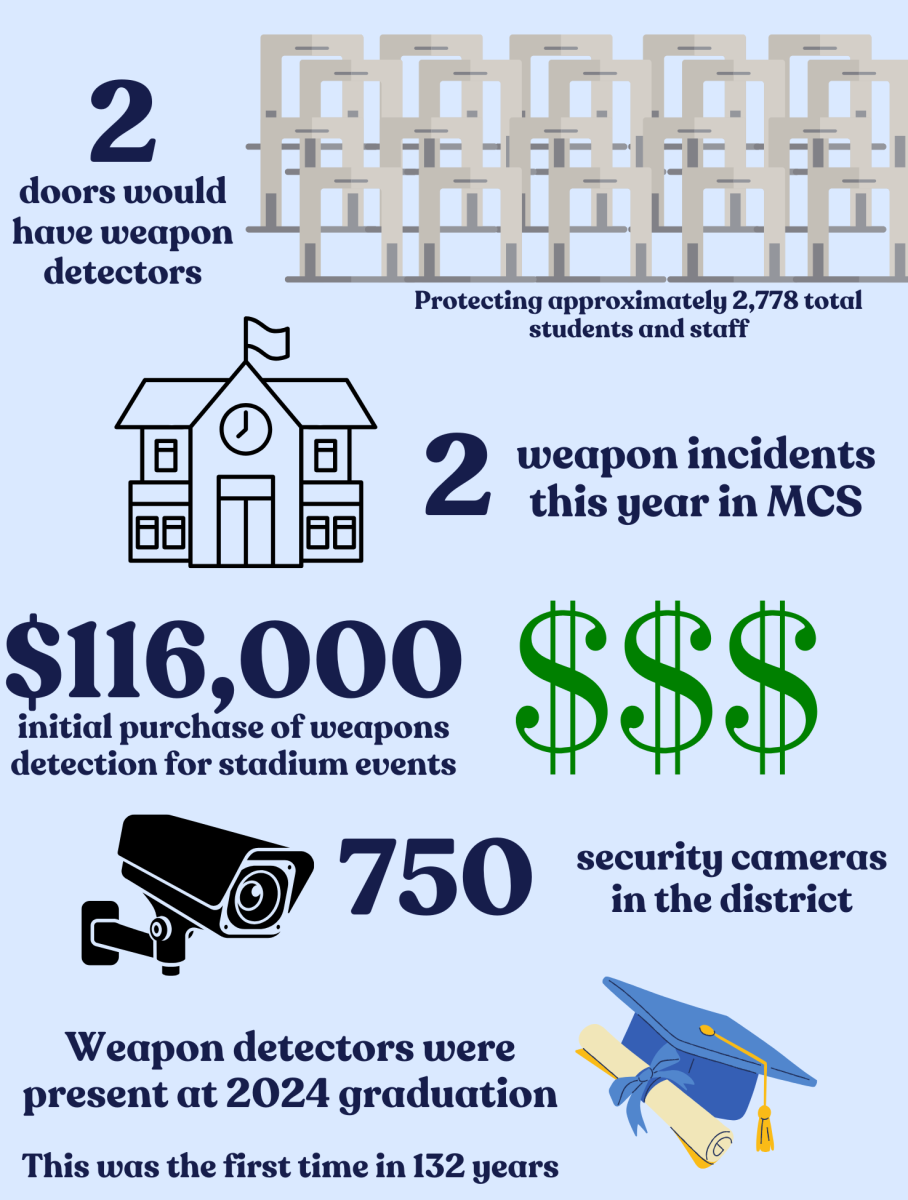Heavy Equipment Operations is a new pathway added to the growing list of Career, Technical, Agricultural Education options. The class teaches students about the operation and use of heavy equipment excavators, and next year, it will add bulldozers. Students split their time with half of the course learning online and the other half with hands on experience using the simulators. Marietta got a clean sweep at the first ever HEO State Competition. Carter Bailey (12) won first place in the student excavator category, beating out 40 other students in the competition. HEO teacher, Coach Joseph Street, won first place in the teacher excavator operation category against 20 other teachers. This secured the title for overall HEO state champions. “Winning the state competition is great for our program because it shows students that what they do in the classroom matters and they can achieve great things when they put in the work,” Street said. Bailey’s winnings included an $850 Dewalt tool kit, a diecast excavator model, a Caterpillar tool bag, a bluetooth speaker, and a North Face backpack. Street won $600 and a Caterpillar cooler bag. Considering this is the school’s first year having a HEO class, firstplace in the three categories is a big feat, and shows a promising future for the class as a whole.
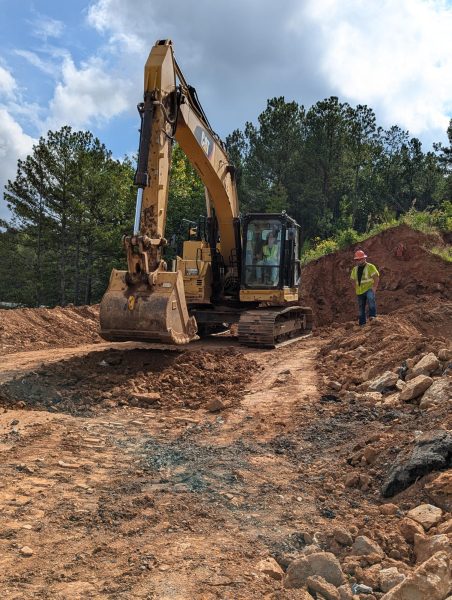
Matthews field trip with Coach Street’s class. (Photo by Andrea Lyons)
The HEO class was made possible through a grant from the Georgia Department of Education and Georgia Highway Contractors Association valued at $800,000 including equipment, set up and curriculum. The U.S. Bureau of Labor Statistics predicts that there will be a three percent growth in the field of heavy equipment operation between the years 2022 and 2032. This equates to about 42,300 job openings within the field each year for the next decade. With a field growing at such a fast rate, it is important that there are new workers ready to enter the field that have proper training and experience for the job. The class hones in on the mechanical aspect of heavy equipment operation, and students use simulators of excavators to complete tasks such as digging a certain sized hole in a construction site, or moving a pile of materials from one place to another. Students try to beat their own personal best times and scores to be as accurate and efficient as possible. “Carter Bailey and Coach Street represent the very best of Marietta’s College and Career Academy. With on semester under their belt and half the time to train, those guys went all the way to Toombs County and each took back first place and an overall win for MHS,” Rob Garcia, College and Career Academy CEO said. “We are so proud of them, but I hope they know how high the’ve set the bar for years to come.” Dylan Uribe practicing to improve his time using a CAT excavator simulator in the Heavy Equipment Operations class.
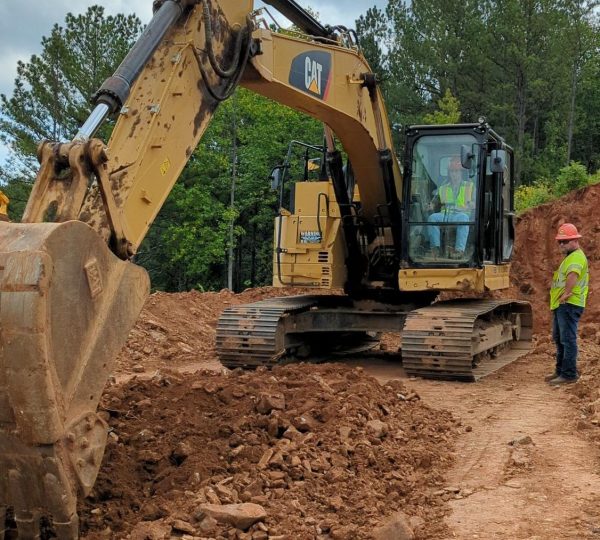
project. All of the students got to give it a try as well. (Photo by Andrea Lyons)
Coach Joseph Street

Why were you inclined to teach a heavy equipment operations class?
One of the reasons I got into education is because I wanted to support students with whatever their next plans are in life. This pathway allows for those students who maybe aren’t college bound to graduate high school with industry recognized credentials and earn a living wage without having to go to college.
Are you excited for the future of this program?
Yes, I’m very excited. This being the first year, I’m sure there will be some bumps along the way. But as we expand and grow this pathway, the plan is to have more opportunities and more activities for students to be engaged in, and ultimately more exposure
to different career options.
What equipment do you teach students about in this class?
Right now in the first year class, we’re working with the hydraulic excavator and advanced construction excavator. The second course, which will start next year, we’ll be using the D3 dozer.
What made the College and Career Academy start this pathway?
I would say the primary reason is providing students with an opportunity to exit high school with credentials that matter in the real world and provide opportunities other than college. We want to get away from that stigma that everybody needs to go to college
and that it’s for everyone. For some people, that’s not the case. This pathway provides them with an excellent way to graduate high school, earn a living wage, and grow further from there.
How are the simulators used within class?
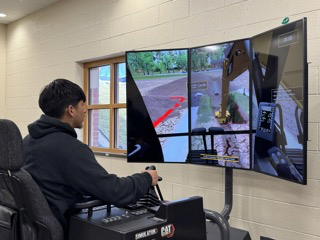
It’s a mix of online curriculum and hands-on activities, almost like drivers ed. They’ll split time between online and simulators, so they’ll go from the online curriculum, do the work there, and then take that knowledge over to the simulators where they’ll spend the other half of their time doing different activities and tasks on the simulators for grades and improving their skills.


